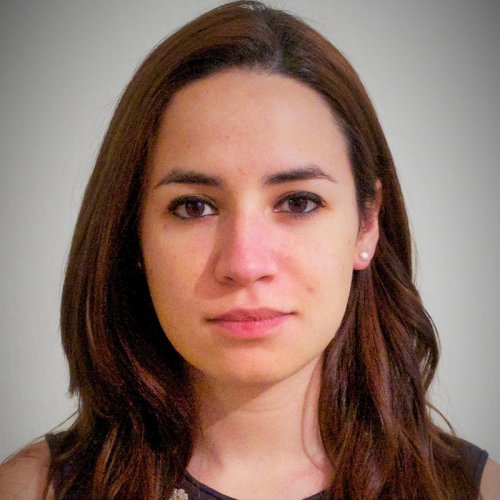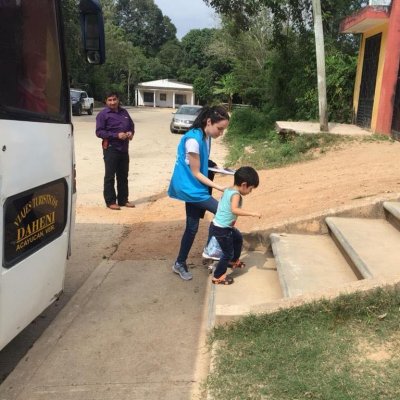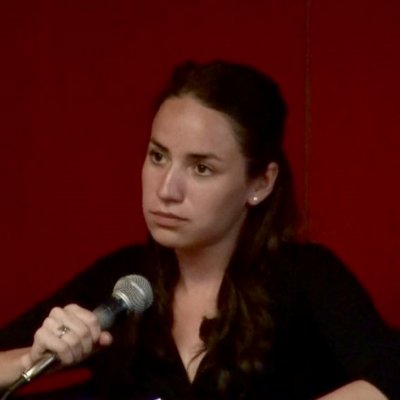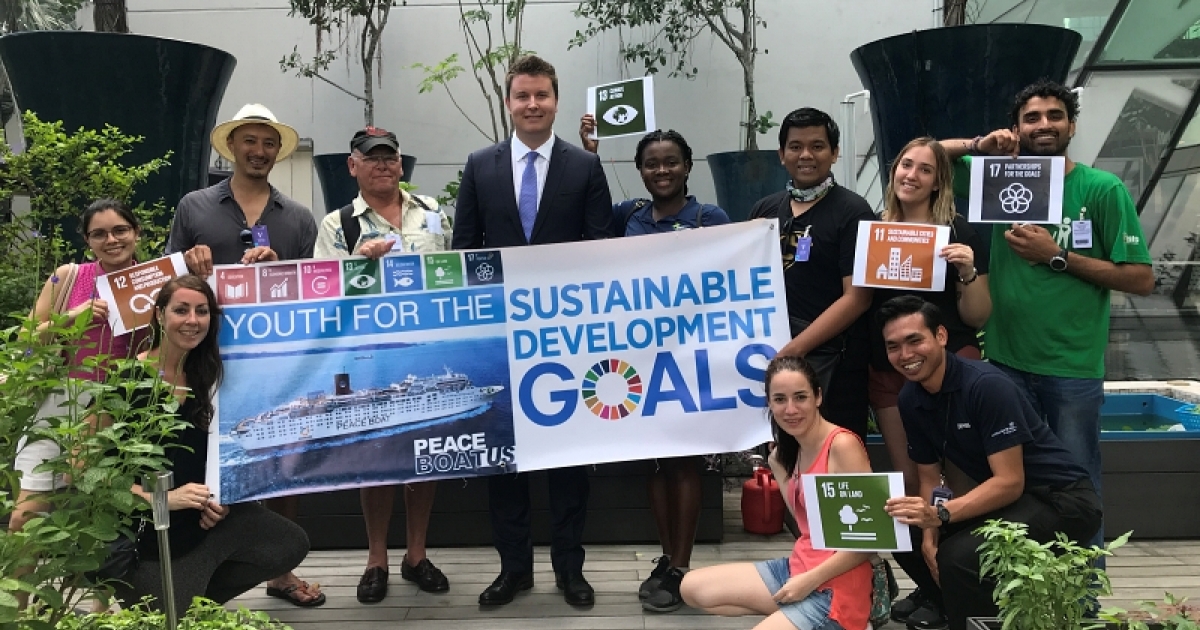“To Become a Leader You Have to Speak up”
As an economist, Daniela Izquierdo has had the opportunity to work in several different areas of development, from think tanks in Latin America to multi-country humanitarian cooperation projects in South East Asia. She now has four years of experience in the economic development and humanitarian sector, dealing with a vast array of issues. Being the technical support officer at her last job offered her the opportunity to work in projects related to migration, health, climate change and mitigation, livelihoods, and women’s economic empowerment.
Q: Tell us a few things about your country, and also your life's story!
A: I was born and bred in Mexico City, one of the biggest cities in the world. It is definitely an interesting place to grow in. It is quite the progressive city, which stands out in contrast with the more conservative values that the rest of the country holds.
Given Mexico's geographical position it has had quite a troubled history, in recent decades the problems that the country has faced have only evolved into more violent and more complex problems. The war against drug is the main conflict that the country is facing. In spite of all the problems, it is still a vibrant country with some parts of it depending solely on tourism. Mexico City is not only vibrant but also a multicultural city in which you can find culture in every corner. Spending my first 18 years in that city shaped my way of thinking and who I am nowadays. With its roots spanning centuries and its rebellious nature, Mexico is indeed a unique place to live.
Q: What is your view of the world as it is today? And how do you define the concept of a better world?
A: I believe that because of all the turmoil happening around the world, and mostly because of the environmental threat that humans face for the first time in history, is that young and old are waking up. Though it might seem a bit late to do so, there have been incredible efforts that show the strength and ingenuity that humans can have when facing a threat as big as the one we are currently facing. The climate change threat I believe is the biggest threat our generation will face. All throughout history wars have been waged in every corner of the world, we have been on the brink of destruction, but never have we had to face that, in addition to climate change at the same time. However, as grim as everything might seem sometimes the ingenuity and the fact that many young people are fed up and changing the ways the previous generations did things, is that I believe there is still a chance that we can turn things around. Adding to all of this is the advancement of technology that just as it may hurt us further - if implemented in the right way - it can create a much better world. A better world for me would be one in which we change our everyday habits into a more sustainable way of living. My concept of a better world starts with respect to our natural environment, achieving a sustainable future will allow human beings to address all the other problems that plague our world.
My society has to deal with environmental problems, violence, on top of all the other problems that all societies have to face such as economic problems, and the wealth gap. The usual problems that any society faces are, however, exacerbated when there is a weak rule of law such as it’s the case for Mexico. As a society with incredible wealth gaps, it has too many different realities within the same group of people. One of the latest challenges that my society has to face is the picture of what Mexico is according to media and American politics which has been proving detrimental for the society and the economy.
Q: As a young individual what are a few of the hurdles that you had to overcome up until today?
A: I think that growing up as a millennial the biggest hurdle to overcome is the expectation versus reality problem. We grew up thinking that first and foremost there would still be a planet to live in. Instead, more and more places are being deemed unfit for human inhabitance, such is the case of many of the Pacific islands. We thought that with hard work we could live just as well or even better as our parents however we’re the first generation in history to do economically worse due to external factors. For many young people, owning a home is a dream that they don’t dare to dream anymore, and health care in many countries has become a luxury. However, our generation is an optimistic one with a get your hands dirty kind of attitude, even if we’re portrayed in a different way by newspapers. Once the initial shock passes, we’ve not only started to shape the world into a much fairer one but also one that values happiness and community over job titles, just to name one of the many millennial traits. So even though we have to focus on jobs such as climate change action, and not dream about having our own home, or having to retire much later than any other generation, we still find ways to make this world a more creative, technologically, and community-driven world.
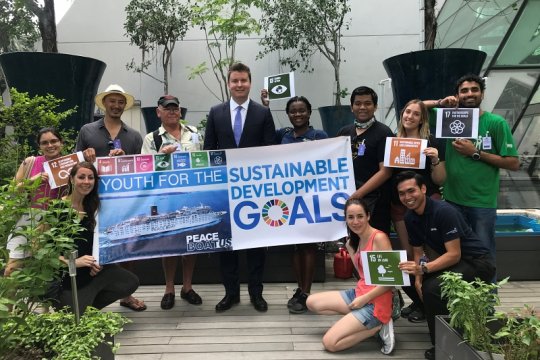
Q: Why is the role of a mentor important for you?
A: The role of a mentor is important to me because this life throws so many challenges at us that as a young person it is always a relief to have someone that will help you out with some advice on how to deal with certain challenges as they have already faced them themselves.
Q: Do you have a lesson that life has taught you and you would like to share?
A: Always try to be more patient and not to rush into judgement - it is very hard to put yourself in someone else's shoes, therefore, just be patient and try not to judge even if you don't understand why or where the other person is coming from.
Q: Name a project, a foundation or a person in your country that you think is doing great work in helping improve other people's lives!
A: Wikipolitica is a grassroots political movement that started out with a few young people and it has grown and spread to many areas of the country, however, it still maintains its grassroots approach and its core values, with its main aim to make politics transparent and to hold accountable those in charge.
There are a few efforts that are happening within the country, especially small NGOs are trying to change this reality however I don't believe much more than that is happening.
Q: Athena40 is the first ever global selection of the top 40 women forward thinkers, commentators, activists, authors, academics, entrepreneurs, executives, innovators. Can you think of a truly innovative and forward-thinking woman from your country that you wish to nominate for the Athena40 global list?
A: Carmen Aristegui, Mexican journalist
Q: Share with us a phrase, a poem or a story that you love or you find interesting!
A: "They tried to bury us, but they didn't know we were seeds" - Mexican proverb
Q: Tell us one thing that you have learned from your mentor.
A: To become a leader you have to speak up - always try to participate, what's the worst that can happen?


